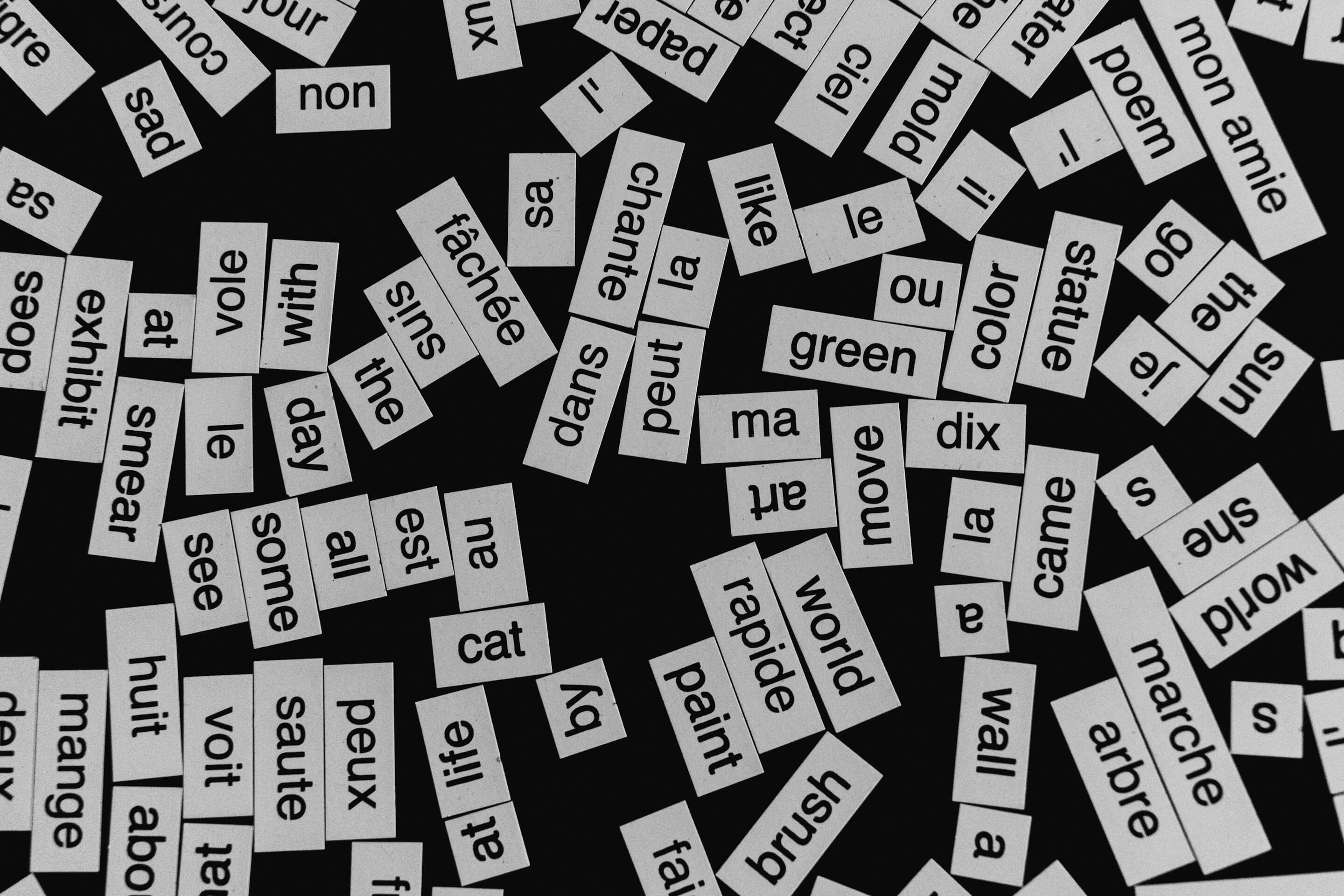Memorizing isolated vocabulary lists is often ineffective and tedious. Without context or meaning, words fail to stick. Studies show that learners who acquire new vocabulary in contextual sentences retain up to 47% more words after one month compared to those using rote memorization. Context connects vocabulary to stories, emotions, and usage, making it both memorable and usable.

Read French stories, articles, and dialogues (or listen to them) then highlight the words that catch your interest and note how they’re used in sentences. This contextual approach helps your brain form meaningful associations.
If you use flashcards, include phrases, not just single words. For example:
Learning set phrases like “Je voudrais un café, s’il vous plaît” lets you swap in new words (e.g. bière, bouteille, croissant) easily. This “chunking” technique helps you form sentences more quickly and naturally.
Attach each new word to your life: visualize le vélo with a memory of cycling in your favorite park, for example. Personalized, emotional links help embed words in memory far more than abstract definitions.
Organize vocabulary by topic (food, travel, emotions) or by word families (e.g., espérer, espoir, désespéré). This structure helps your brain store related words together, enhancing retrieval.
Consume French content daily, such as podcasts (Coffee Break French, InnerFrench), TV series, music, or children’s books (Le Petit Prince, comics). This exposes you to vocabulary naturally and reinforces usage in real-world situations.
Use new vocabulary actively, talk to yourself, write sentences, send messages, or keep a journal. The act of production forces retrieval and reinforces memory. Group study, language exchange, or conversation clubs can boost motivation and feedback .
Create mini-stories containing your target words, or play word-association and vocabulary games like Quizlet, Memrise, or Clozemaster. Gamified learning keeps things fun and effective.
Use vivid, funny mental images or place words in your imagined “memory palace” (like rooms in a familiar building). This method helps anchor difficult vocabulary in your mind through visual memory cues .
Label household items with their French names, change your phone or app language to French, or narrate your daily actions in French. These small immersive hacks deliver repetition naturally and consistently.
| Strategies |
How It Works | Why It’s Effective |
| Learn in context | Read/listen to French, extract interesting vocab | Enhances recall by embedding words in use |
| Use spaced repetition phrases | Flashcards with full sentences | Promotes durable recall and usage |
| Phrase “chunking” | Learn complete sentences | Enables quicker sentence formation |
| Personal associations | Link new words to personal experiences | Creates emotional memory anchors |
| Thematic organization | Group words by topic or word families | Improves retrieval by association |
| Media immersion | Podcasts, music, books in French | Provides real-world vocab exposure |
| Active use (speaking/writing) | Conversations, journaling, message-writing | Encourages recall and contextual usage |
| Story or game-based methods | Create stories or play games using target words | Makes learning fun and engaging |
| Mnemonics/Memory palace | Visualizing vivid associations | Uses spatial and visual memory strengths |
| Environmental French | Label items, switch device language, self-narration | Offers passive but consistent exposure |
“Clozemaster …
teaches words in context with fill-in-the-blank sentences … helps you remember vocab better than isolated word lists.”
“When doing household chores, I describe and narrate everything in French. It’s so helpful for vocabulary related to cooking and daily
life.”
Building a strong French vocabulary doesn’t require endless lists, what matters most is context, repetition, personal relevance, and active use. Combine real French input, tools like spaced repetition, visualization techniques, creative production, and daily immersion to learn words that stay, and meaningfully enrich your French communication.
Adopt these strategies one at a time, find what works for you, and enjoy the process, because learning vocabulary should feel like discovery, not drudgery. Bonne continuation !
Tuesdays 2-6pm
Thursdays 10am-2pm
Saturdays 10am-12pm
Alliance Française Silicon Valley
Los Gatos, CA 95032
Leave a Comment